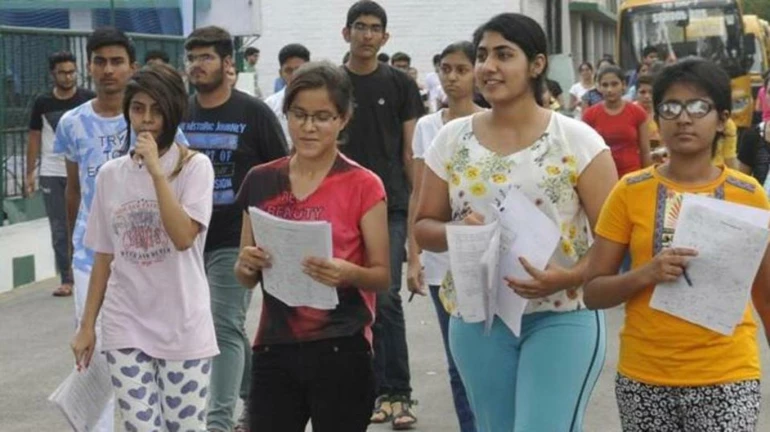
SIES college, Sion, conducted an unusual session where more than 100 BSc and MSc students and graduates from 20 colleges across the city on Thursday, offered their suggestions to improve the new University of Mumbai syllabus for the third-year BSc (Zoology) course. Their criticisms were carefully noted down by the teachers.
This was a second event held by the MU’s Board of studies in Zoology, previously organised in Somaiya College, Vidyavihar. This event is conducted with an objective to seek students’ opinions regarding the framing of the curriculum. The students added topics that deem important in the draft curriculum prepared by the board. While the others had to offer a gradient criticism of the same.
This initiative by the Zoology Board of Mumbai University, over the previous session, has brought forth few innovative ideas from the students to reform the syllabus, making it more engaging for the students and has opened doors for a considerable success. With a new-found validation in the idea of including students into the curriculum designing process, the state government has enacted Maharashtra Public Universities Act 2016 that allows students to attend representatives to attend the meetings of varsities' academic bodies, namely academic council and boards of studies.
Snehal Donde, principal, Oswal College of Commerce, Bhiwandi, said that the board in the past has adopted suggestions from the students. They often have a broader vision than the academicians and make suggestions that are important from their future career prospects.
However, many academicians disagree with this feature and have an opposite stance when it comes to involving students in the curriculum making activity. According to them, students are not knowledgeable enough to be a part of the process. They state that it is the teachers’ responsibility to know what is best for their students’ careers.
The idea of students’-inclusive process of framing the syllabus does not hold universally applicable for all subjects. It is not only a showy by also a futile exercise and also an opportunity for a number of elements like political parties, tuition classes, and publishing houses to negatively influence the process.”
Saheb Ali, a professor at the varsity’s department of Urdu.
It is understandable to count on the feedbacks of students from Post Graduation, but absurd to make the under-graduation students criticise their own curriculum. It must be limited only to an informal level. Legalising this idea can cost the education board dearly as it paves the way for vested interests to enter the system."
Gopakumran Thampi, principal, Thadomal Shahani Engineering College (TSEC) in an interview with Hindustan Times.





